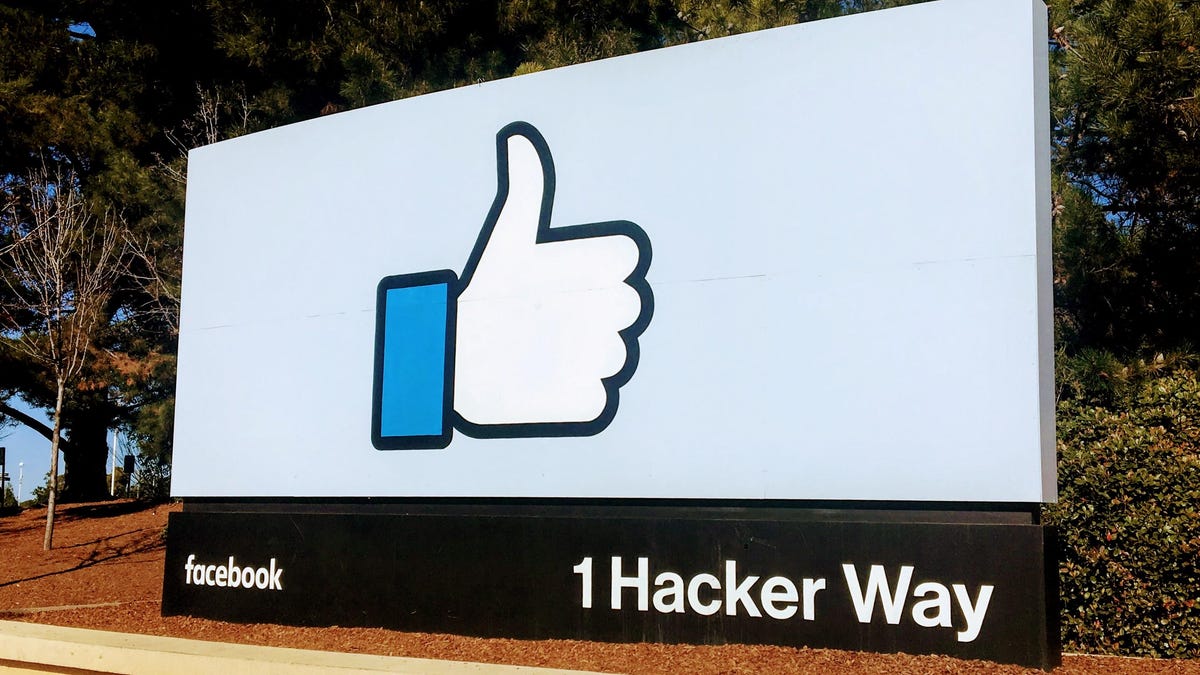Facebook tests 'downvote' button for feedback on comments
This isn't the long-desired "dislike" button. Instead, Facebook is trying out a feature that lets some people mark comments as "offensive" or "misleading."

No, the new feature being tested isn't a thumbs-down "dislike" button.
It's one of the easiest ways to express your opinion: like or dislike.
Yet for a more than a decade, Facebook only offered the happier option, the thumbs-up. That's about to change.
The social networking giant is testing a new feature that lets some people register a negative reaction to comments with a button called "downvote."
The goal, Facebook said, is to allow people to weigh in on comments people leave on public pages, like those for President Donald Trump. When selected, the button offers reporting options like "offensive," "misleading" and "off topic."
"We are not testing a dislike button," a Facebook spokesperson said in a statement. "We are exploring a feature for people to give us feedback about comments on public page posts."
I now have #FacebookDownvote on sponsored posts in my feed! #smm #socialmediamarketing #socialmedia #digitalmarketing pic.twitter.com/BKZyS25ZEZ
— Christina Hudler (@hudlersocial) February 8, 2018
Facebook is currently only testing this feature in the US, with a small number of people using its app on Android-powered phones.
The move marks yet another way Facebook is hoping to spur more interaction on its site, and keep its users happy. Offering easy ways for people to mark comments as "offensive" and "misleading" may help quell users' concerns about harassment, as well as the impact of Russian propagandists who used the site to spread misleading information during the 2016 election.
Facebook's efforts also answer people's long-running response to the company's mascot, the thumbs-up "like" button, which was rolled out in 2009. While the "like" feature allows users to express their approval over a post or a photo, some people complained it was too limiting.
"Not every moment is a good moment," said Facebook's co-founder and CEO Mark Zuckerberg in a Q&A session in 2015. He said he realizes people may not want to "like" a current event such as the Syrian refugee crisis or a family member passing away. But at the time, he didn't want users to merely vote up or down on people's posts.
The answer was a set of emojis, which the company released in 2016. The reactions expanded options to a laughing face, an angry face, a "wow," a sad face and a heart. "It's surprisingly complicated to make an interaction that's that simple," Zuckerberg said when announcing the initiative.
Unlike the "like" button or "reactions," the downvote button isn't about giving feedback to commenters but rather to Facebook. The intention is to give users a way to flag inappropriate, uncivil or misleading comments, Facebook said.
It doesn't affect a comment's ranking, and users won't even see how many people downvoted a comment.
Facebook said there are currently no plans to expand the feature.
First published Feb. 8 at 6:20 p.m. PT.
Update, Feb. 9 at 11:40 a.m. PT: Adds background.
Special Reports: All of CNET's most in-depth features in one easy spot.
It's Complicated: This is dating in the age of apps. Having fun yet? These stories get to the heart of the matter.



